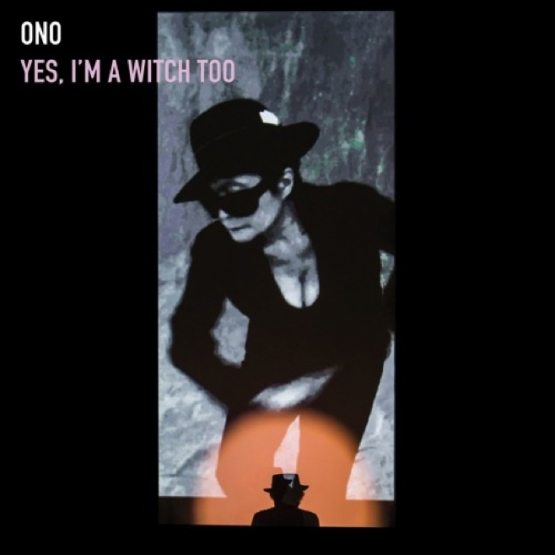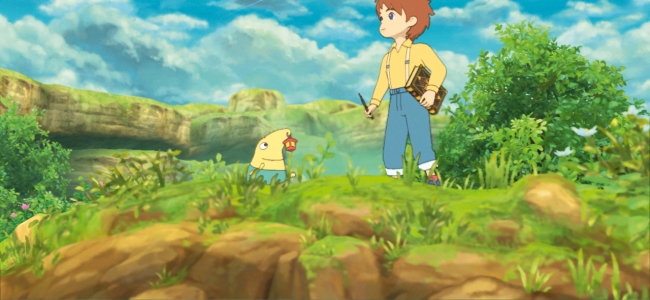Community Post: This article was submitted by a member of our community. Find out how you can publish your own writing here!
J.D. Salinger’s novel Catcher in the Rye might be a sore subject to some, especially if this book was forcefully assigned to you during your high school years. Many people probably do not like the story of a Holden Caulfield, a recently expelled student from an exclusive private school and his journey throughout New York City, since the story is simply uneventful. Holden’s reoccurring monologues about adults becoming ‘phonies,’ how society alienates everyone from each other, and his dream of becoming a savior of ‘innocence’ comes across as preachy and whiny. The conclusion of the novel barely seems to strike any parallel to what Holden was discussing throughout the book, which even I was deeply confused about.
And yet, at the same time, I love this book.
By no means do I believe that people who dislike this book are ‘not reading hard enough’ or are ‘ignorant’ of what this story about. These critiques are valid and I can agree that these factors can ruin a story, despite these complex ideas. Still, I look at completing Catcher in the Rye as a major milestone in my teenage years, where I felt alienated, alone, and generally unattached to society’s expectations of me. While Holden Caulfield would hate me based on what I have become, I still am inspired by this character’s coming-of-age story. Unfortunately, there is a concern with his story’s influence when creating new work.
DONTNOD Entertainment recently released their first narrative-based video game called Life Is Strange, which follows Max, a high school student that recently enrolled to a prestigious photography program in her home town. While attempting to avoid cliques and make new friends, she discovers her newfound ability to rewind time. With her power, she can observe the consequences of any choice and alter future events to her liking. However, some choices’ outcomes can be more than she can handle.
After playing the first of five episodes, I felt like I had plenty to say about game mechanics, technical designs, or story choices. One aspect that I want to address specifically is Catcher in the Rye’s influence on the general public, which has even seeped into this particular video game. How can you tell that this high school melodrama is affiliated with this novel and not countless other stories after it? Strangely, barely anything. With the exception of the main character’s full name: Max Caulfield.
I could feel my eyes roll back in my head so far that I’m pretty sure I saw Nirvana. There is nothing that takes any players out of the experience of any video game than name dropping a monumental character in literature or history. This is sort of in the same vein as naming the rich kid who’s a jerk as ‘Jeremy Trump,’ where the name is supposed to fit the character’s role within a narrative. Alternatively, it’s incredibly surreal when the supporting cast drops names like Andy Warhol, Neil Gaiman, and Ray Bradbury, but no one seems to comment how Max’s last name alludes to one of America’s most controversial books.
Now, Max thankfully does not actually fit the dossier of all of Holden Caulfield’s actions, especially when she intervenes in plenty of actions Holden couldn’t perform beyond the medium of speaking. Her last name also is not important to the story, as the main gameplay relies on her journey to discover why she has these powers while juggling incredible high school dilemmas. Hell, I even enjoy video games and other mediums use Salinger’s story as a spring board to create inspiring art, especially when discussing narrative-based video games.
So, if Catcher in the Rye is my favorite book, why do I have a problem with Max’s last name alluding to the book’s main character? Because when any creator, whether it be author or video game designer, forces a specific identity onto a character, any original content suddenly feels hollow. The player no longer feels their contributions make any impact on the gameplay when they’re given a ‘shell’ of a character to fill in.
Sadly, the game even fails on this premise alone, as Max’s character can change (based on the player’s choices) from a Holden-esque character archetype to a standalone individual who does right. People may point out that any growth from being a loner to a strong savior is the progression of Max’s character and I wouldn’t disagree with that point if this point was being discussed. However, if the character can freely change from being a shy loner to an everyday hero, why bother naming her Caulfield in the first place?
To any game designers, writers, or artists of all kind, please be careful of using allusions to other stories. You can have the perfect audience for your work if they enjoy your favorite movies, books, or music and they would still have an issue with references that don’t go anywhere. If anything, the readers may see this tactic as a means to ‘fill up space,’ meaning the creator can’t describe their character without referencing another.
I love Holden Caulfield and his monotonous travels through New York. I love the language he uses, his famous red hunting cap, and his bleak view on the world. Artists of all kinds can become inspired and illustrated by other people’s works, but that’s the main point: Don’t rely on other people’s ideas. Make your characters your own. Reframe these ideas in new circumstances and different times. Allow your stories to bring up emotions and experience the reader has read elsewhere while giving a new breath of life!
Life Is Strange’s first chapter was enjoyable, but I would love to see Max’s character to become developed beyond the ‘all-American loner’ archetype that Holden is famous for. I’m sure many people will overlook this issue and will find no complaint in her last name either. Still, with a narrative-based game relying on a main character that feels rather ‘paper-thin’ in a visual medium, I warn to any creators out there that allusions should never be a substitute for a character developing their own story. Holden Caulfield would not like to manipulate in such a fashion, as he would probably want to distance himself from any ‘phonies.’
Community Post: This article was submitted by a member of our community. The views expressed are the opinions of the designated author, and do not reflect the opinions of the Overmental as a whole or any other individual. We will gladly cooperate in the removal of plagiarism or any copyright infringement. Please contact us here.





In episode 3 of Life Is Strange, Max looks at a red hunting cap and states ” Only a Phony would wear this”